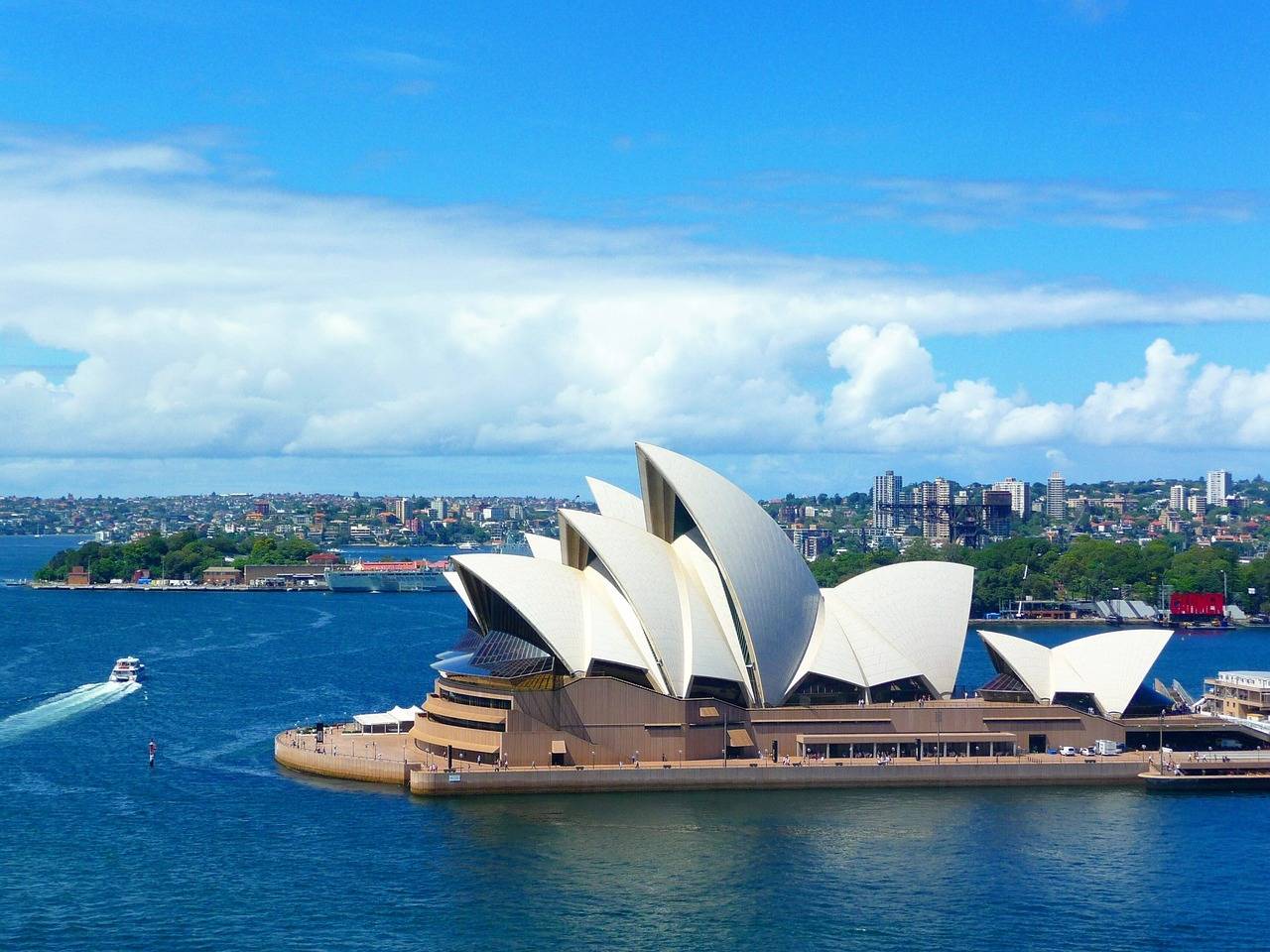SYDNEY — Groups across a wide spectrum reacted with dismay and concern to passage of a law in the Australian state of Victoria to ban “conversion” practices. Some called it an attack on freedom of religion and speech.
Critics say it is so broad in its definitions and the sanctions are so severe that it risks criminalizing people in their homes, workplaces and churches who genuinely seek to help those who ask for their support, as well as Christians and other people of faith.
Conversion therapy does not refer to changing one’s religion, but is the scientifically discredited practice of using therapy to “convert” LGBTQ people to heterosexuality or traditional gender expectations.
The Change or Suppression (Conversion) Practices Prohibition Bill, which would ban practices that seek to change or suppress an individual’s sexual orientation or gender identity, passed Victoria’s upper house 27-9 Feb. 4, despite strong opposition from faith leaders, ethicists, lawyers, doctors and psychiatrists.
“With the passing of this bill, Victoria has entered strange new territory in which certain prayers, offered under particular conditions, could turn a parent or counselor into a criminal,” Melbourne Archbishop Peter Comensoli told The Catholic Weekly, newspaper of the Archdiocese of Sydney. Melbourne is the capital of Victoria.
“Despite every reasonable attempt to meet and discuss the problematic aspects of this bill, faith leaders have met a wall of silence,” Comensoli said. “Our great concern here is that opportunities to offer care and support will now be severely limited under the law.”
Prior to the bill being passed, the archbishop joined with other faith leaders to write to Victoria Premier Daniel Andrews to make it “abundantly clear” that they rejected all harmful and coercive practices. But they said the proposed law would not achieve its stated aim of protecting people from harm and instead would “ultimately hurt people who should be free to ask others for help.”
Michael Quinlan, dean of the School of Law, Sydney, at the University of Notre Dame Australia, said it was disappointing that the law will take effect despite the concerns of faith leaders and the risk of “unintended consequences” as expressed by the Australian Medical Association and the Royal Australian and New Zealand College of Psychiatrists.
“Clarity is critical in the law, and it is particularly important when a law intrudes into such important principles as individual rights, parental rights, freedom of choice and freedom of religion,” Quinlan said.
“Laws that lack clarity cause unnecessary confusion and leave it to courts to provide certainty through case law,” he said. “But particularly in areas of moral and ethical controversy and developing medical science, courts are poorly equipped to reach outcomes, which are better reached by parliament.”
John Steenhof, managing director of the Human Rights Law Alliance, said that as “fundamental flaws” were not addressed with amendments, the new law “is a trap ready to spring on any Victorian who does not subscribe to fashionable ideology on sexuality and gender and who has the temerity to share their views.”
“The crosshairs are particularly focused on Christians and others who have deep convictions on sexual ethics,” he added.
Dr. Kerryn Rubin, chair of the Victorian branch of the Royal Australian and New Zealand College of Psychiatrists, told media that the insufficient clarity over what is considered a conversion practice in the law meant that some people would “stop doing the valuable work they are doing over fears it will be considered conversion therapy.”
“The unintended consequence is that it will make people more and more reticent to support people who really need our help,” Rubin said.
Other critics of the new law point to the fact that it heavily promotes transgender conversion.
Kirralie Smith of Binary Australia, an advocacy organization that promotes “the inherent differences between boys and girls, men and women,” called the legislation an “outrageously bigoted bill.”
“Politicians have condemned vulnerable sufferers to a life of daily medications, possible sterilization and infertility and mutilation via surgery of perfectly healthy body parts,” Smith said. “Every politician who has voted for this bill has … usurped parental rights and put children in danger.”
In a submission to parliament in opposition to the proposed law, the Sydney-based LGB Alliance Australia, an advocacy group for people with same-sex orientation, slammed it as an “unasked for, unnecessary, deceptive bill.”
“This bill violates democratic principles of inclusion and diversity in the creation of this bill and the ‘urgent’ rush for it to be rammed through into legislation unasked for by the Victorian people,” it said.
“Only one perspective, a gender ideology perspective, was put forward by a LGBTQIA+ organization as the primary input into the bill’s creation.”

















